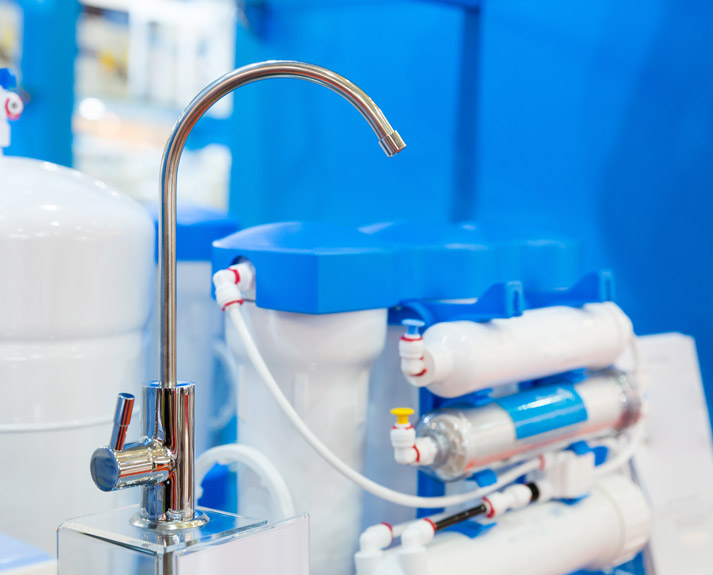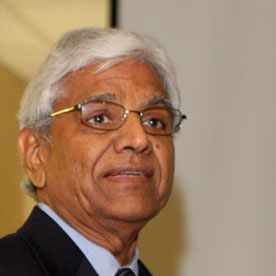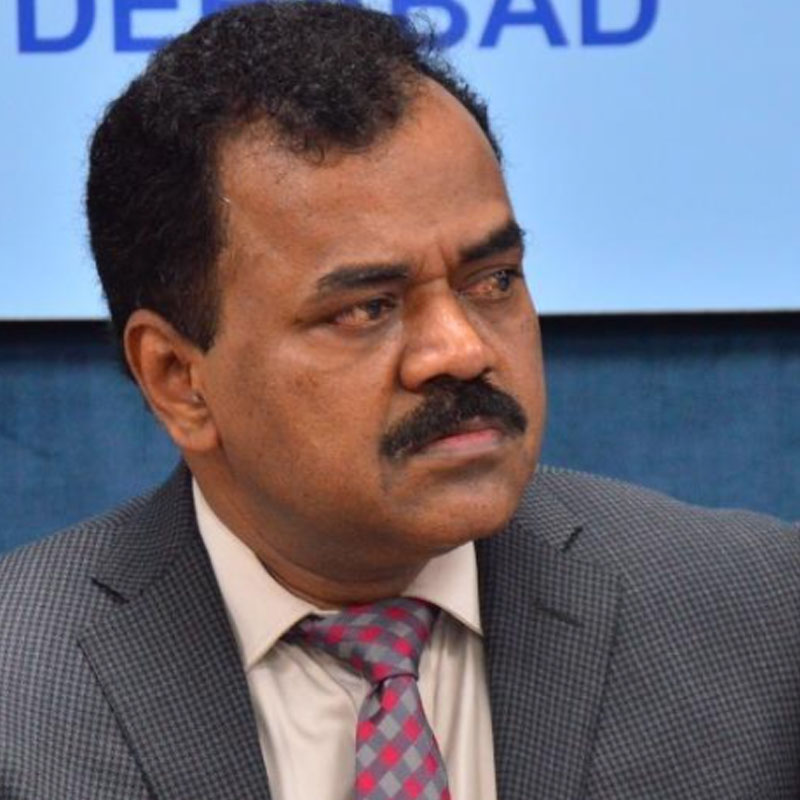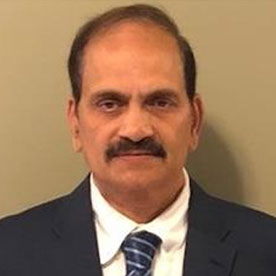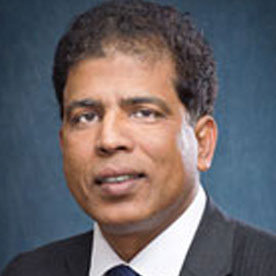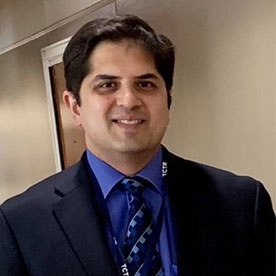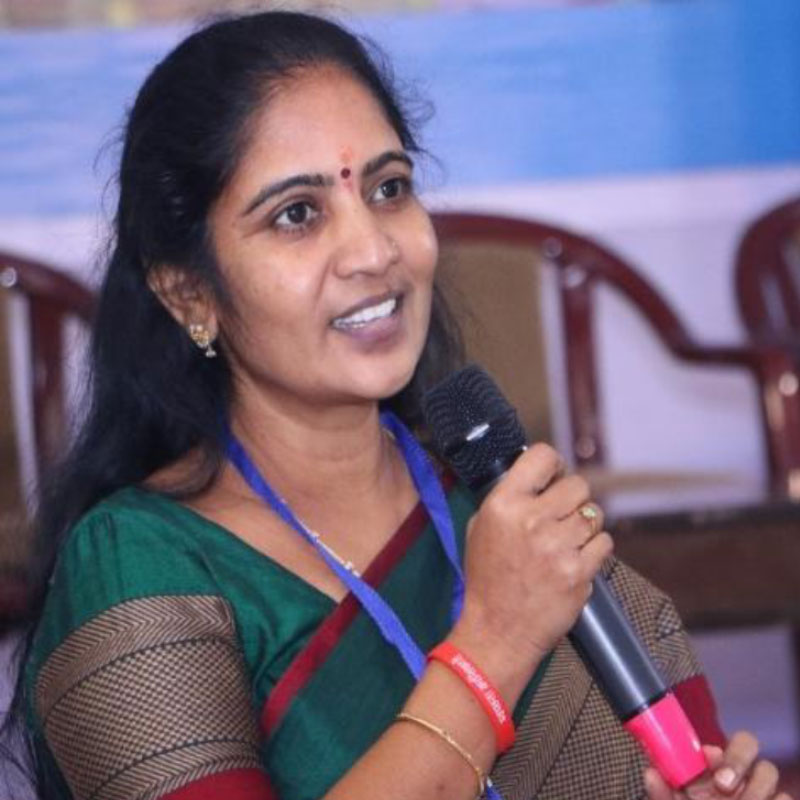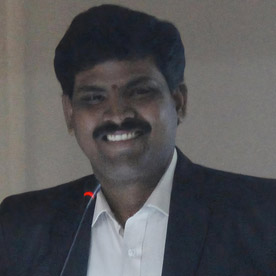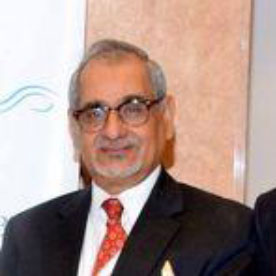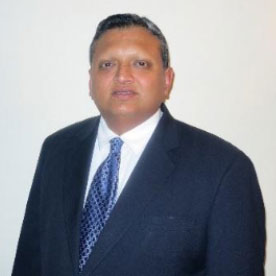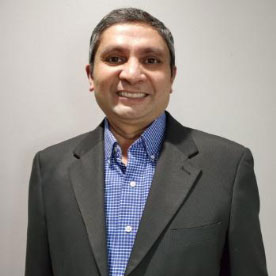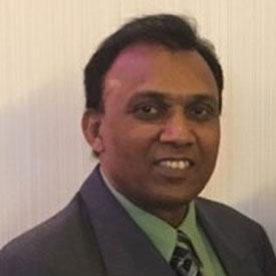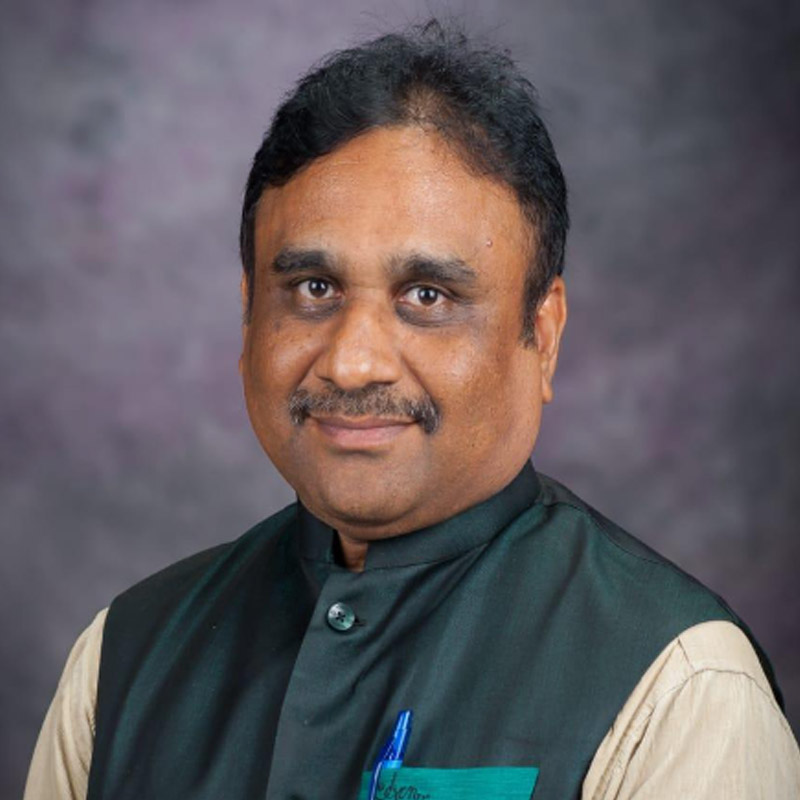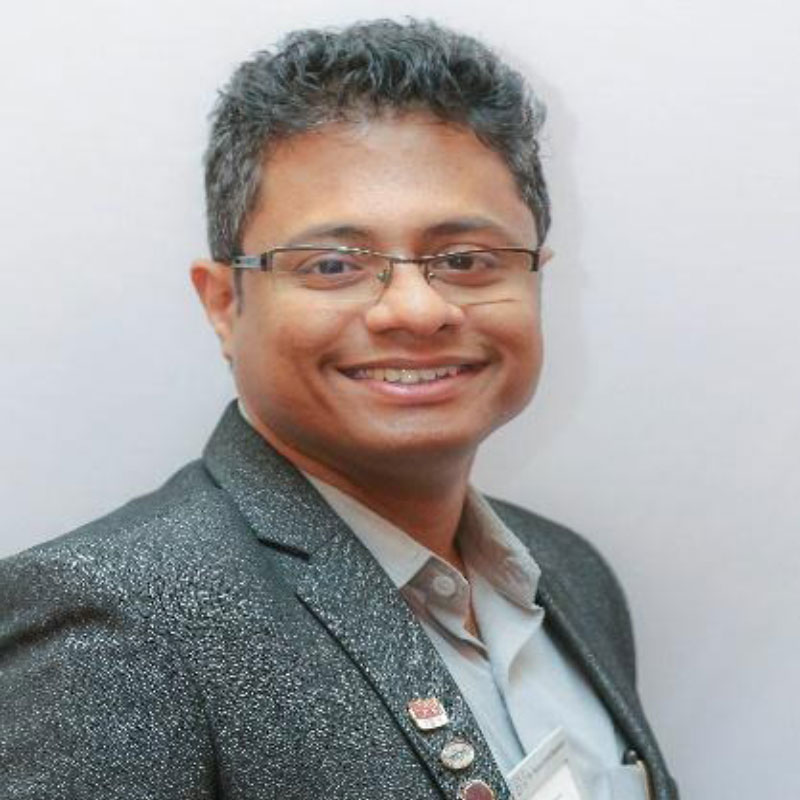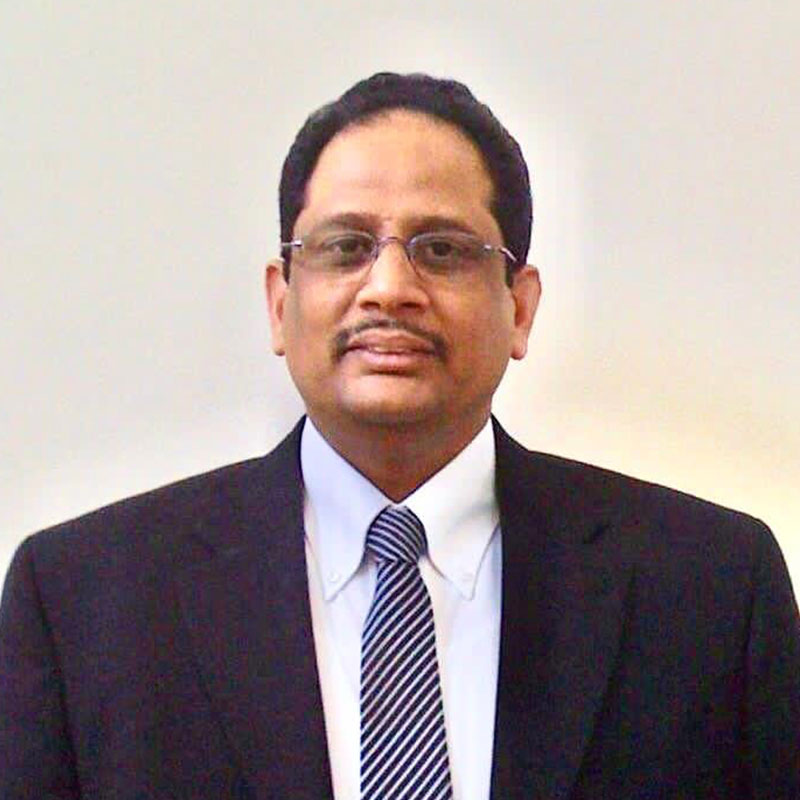


Conversion of wastewater into effluents that are suitable to be returned to water cycle with minimum impact on the environment is key aspects of water management. Water quality index determines survival of aquatic systems. To provide current trends and developments in Water Treatment Technologies, session is designed to integrate emerging concepts on augmenting water quality for sustainable management, water conservation with reuse and recycle strategies. It highlights the following:
Specific strategies for protecting ecosystems including
aquatic environment are required for enhancing safety and
protection. In view of the emerging dynamics of chemical
innovation, consumption and production patterns, use &
disposal as well as subsequent emissions, the identification
of specific pollutants and improvements in ecological
diagnostics is need of the hour to assess chemical and
ecological impacts.
Developing and synthesizing novel water sampling techniques,
analytical methods that can offer advanced approaches in
water quality assessment are encompassed in thematic
discussions and presentations.
Perspectives on development of state-of-the-art technologies
including Internet of Things (IoT) and machine learning
techniques to address challenges in determining water
quality are central to the topic.
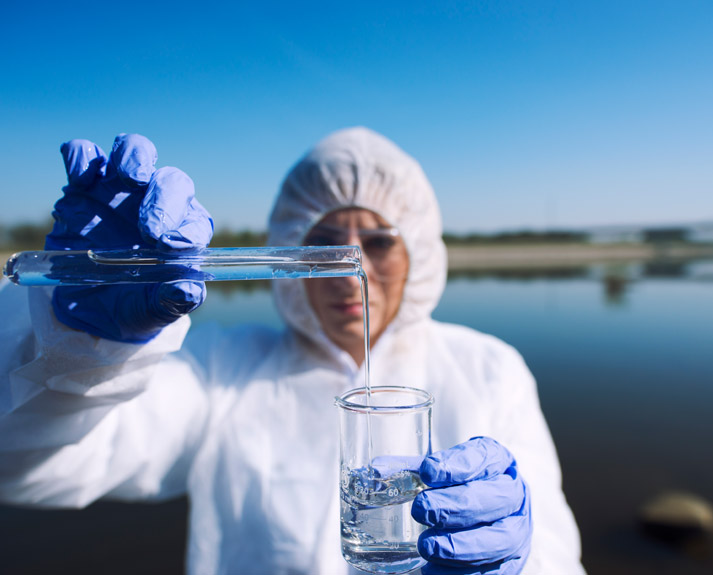
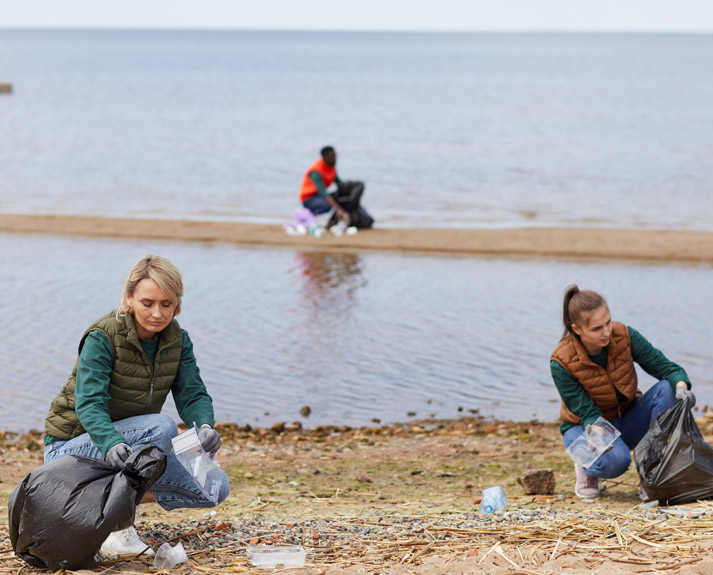
Pollution prevention in surface and ground water resources
is essential to supply adequate quantity of potable water.
In general, three fourth of the water used in agriculture,
industry and domestic applications comes from surface water.
Though the groundwater is less exposed to pollution when
compared to surface waters, the repercussions last for a
long time.
Given the context, it is high time to exchange knowledge on
national and international measures for protection and sound
management of transboundary surface waters and ground water.
It is aimed at bringing together all novel and emerging
technologies for environmental remediation for removing
contaminants from ground water, surface water and soil. It
also facilitates way to understand natural treatment role in
designing ecological floating beds for in situ remediation.
Novel Wastewater treatment Technologies are essential for
reducing the concentration of pollutants and contamination
in effluents. Proper operation and maintenance of the
treatment systems is required to obtain desired water
quality. Development of new processes with resource recovery
and their integration with urban water and waste management
systems will contribute to the sustainability of water
resources.
Technical sessions focus on development of membrane,
microalgal and microbial based technologies for treating
wastewater while producing bioenergy and valuable products.
Concepts relevant to the microalgal wastewater treatment
systems integrated with airlift bioreactors offer advantages
of carbon dioxide and oxygen mass transfer. Similar thematic
discussions are encompassed in talks. Further, Technologies
such as advanced oxidation processes (AOPs), ion exchange,
ultra and nano filtration, adsorption/biosorption, advanced
biological treatment using algae, bacteria, fungi in
combination are emerging today which promise safe and clean
treated water are embedded for current understanding.
